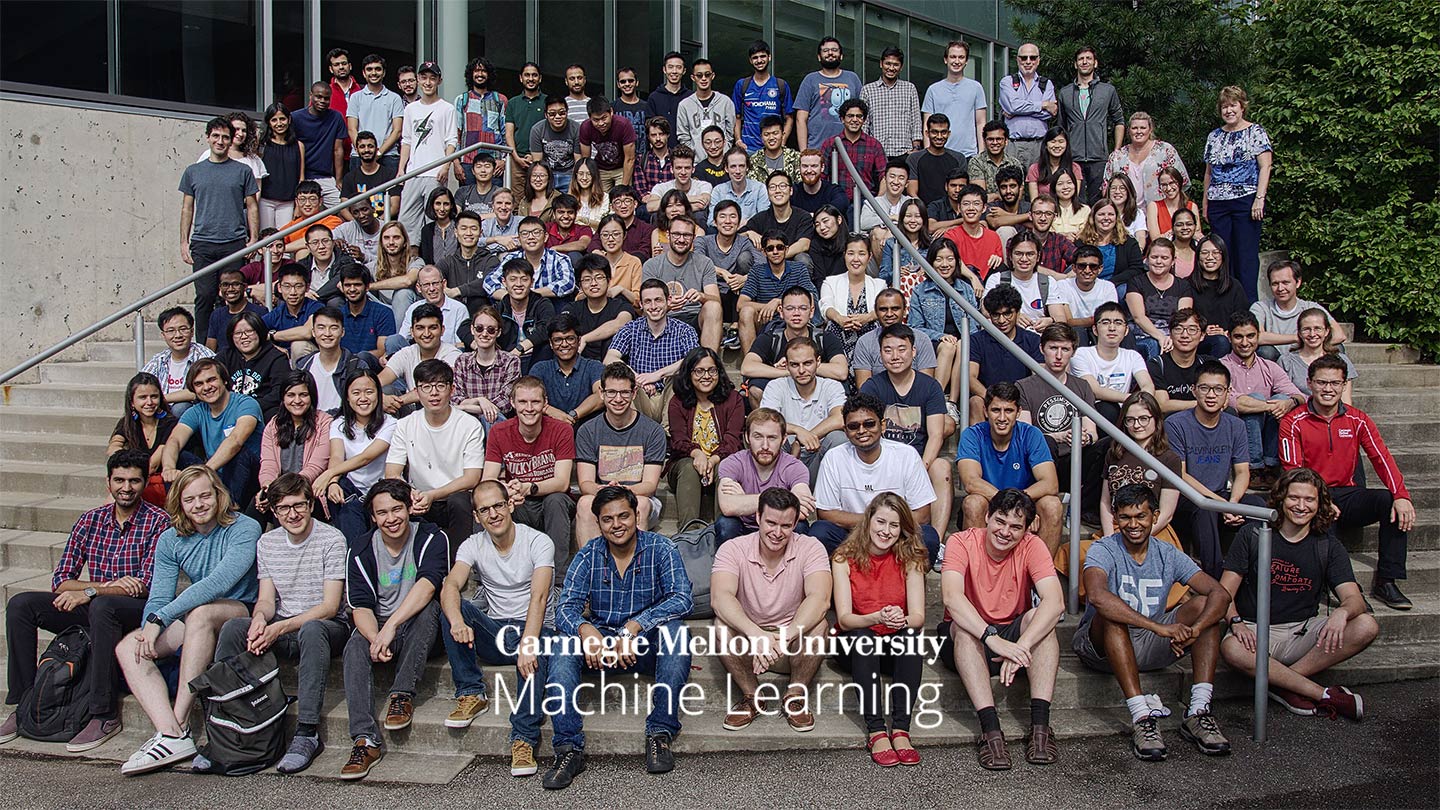
Artificial Intelligence and Healthcare
Doctors will soon be able to use AI to help diagnose and treat patients, opening up new possibilities for better health
Article, Courtesy of Patchen Barss, Journalist and Author
If you’ve never heard of gene TP53, consider yourself lucky. It’s a “tumor suppressor gene.” It generates a protein that keeps your cells from growing and dividing too quickly.
Many people only get to know this gene if they have a rare mutation that stops it from working properly – a condition called “Li-Fraumeni Syndrome.” People with the syndrome will almost certainly develop cancer. If they survive one type of cancer, they’ll likely get another, and another... and another.
Anna Goldenberg, Professor of Computer Science at the University of Toronto, PhD graduate from the Machine Learning Department at Carnegie Mellon University and a Senior Scientist at the Hospital for Sick Children mentions that “It’s not a question of if, it’s a question of when” when referring to using AI on Healthcare. She is currently using Machine Learning algorithms to try to answer the question of “When” for families who have a child with Li-Fraumeni Syndrome.
Some children will get cancer in their very early years. Others can be tumour-free for decades. If Goldenberg’s algorithms can predict near-term risks, it could save some families years of blood tests, CT scans and other invasive monitoring that young children often can’t understand.
Machine learning, a branch of artificial intelligence research, involves training computers (or having them train themselves) on large data sets. The computers learn to identify patterns and make predictions about the world based on this training. Machine learning has shaken up fields ranging from finance to voice recognition to airport security.
Read the full article: https://goo.gl/PkCjnR

